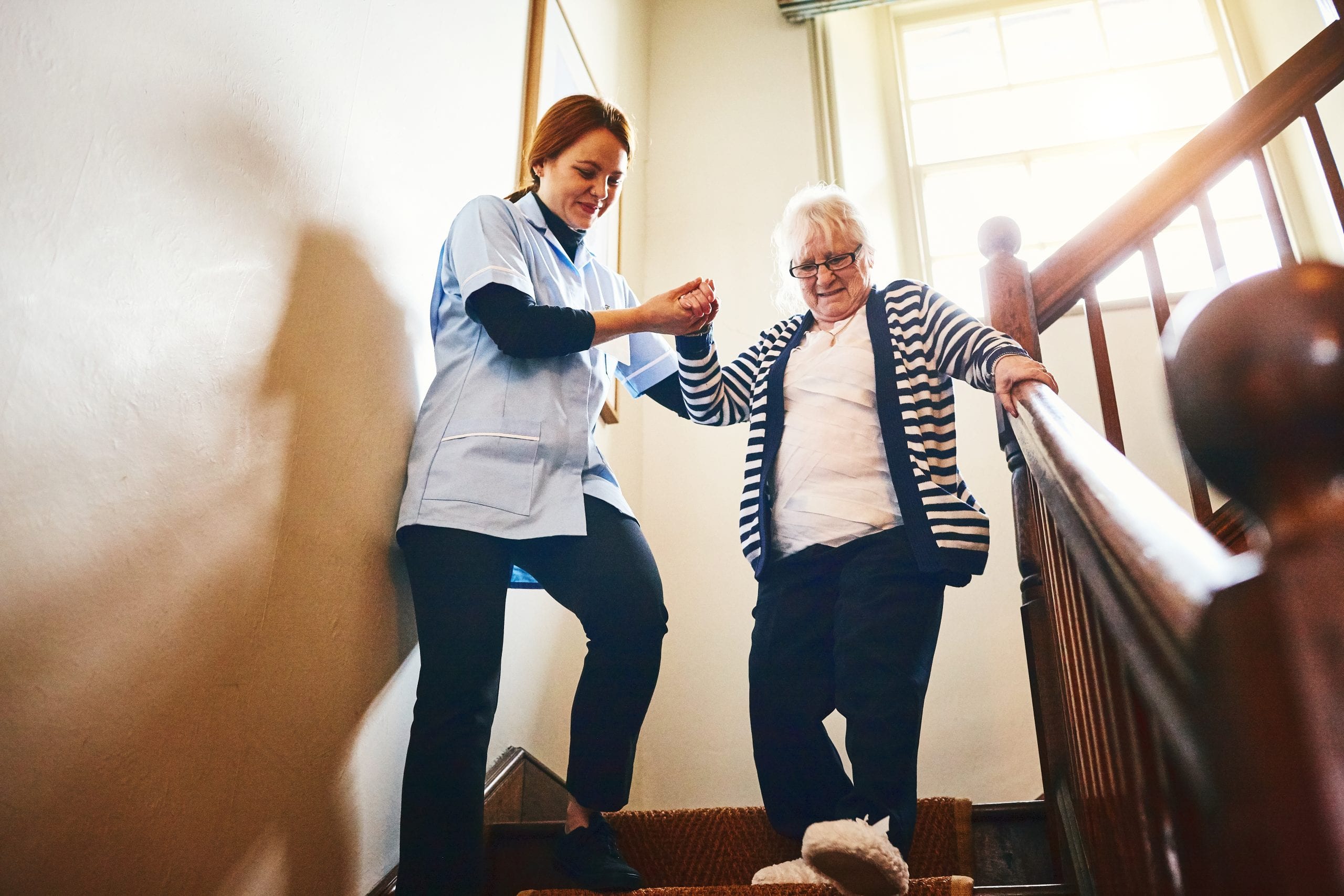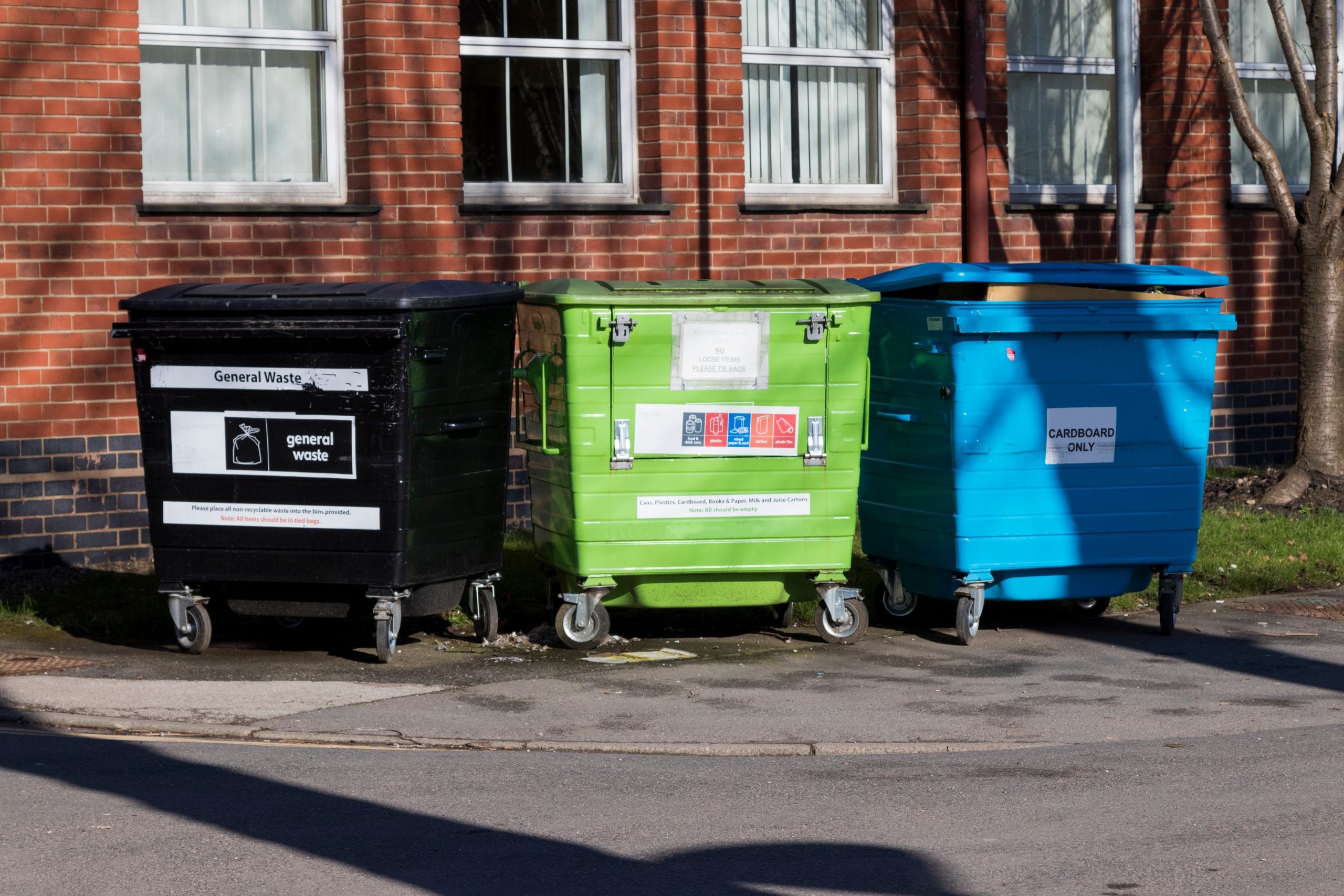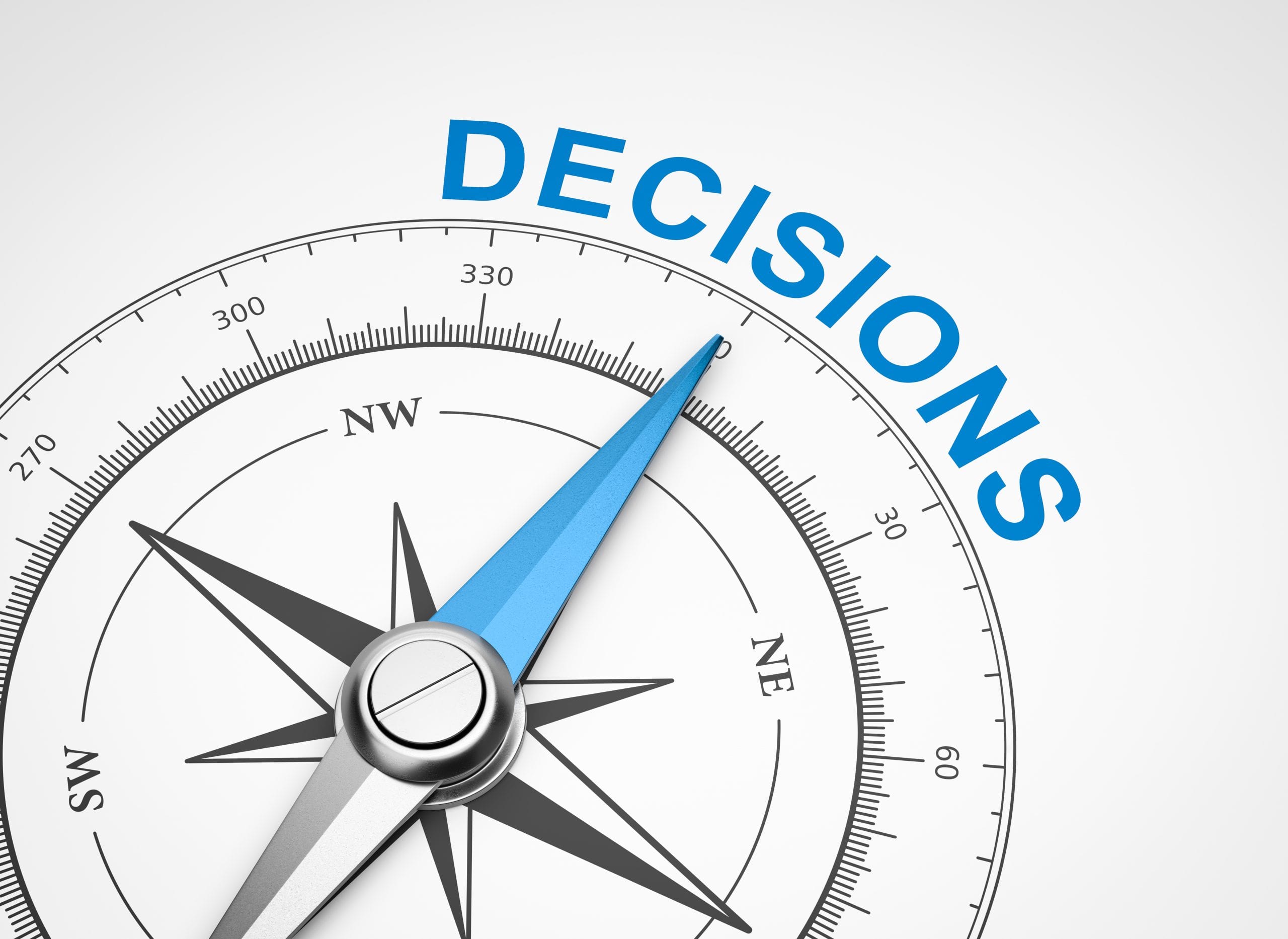Riding the public sector transformation wave
With local government operating on £15.7Bn less in 2020 than it did in 2010, increasingly it seems that the sector is a plane running on fumes in the fuel tank. But then we have #OurDay. Trending number one in the UK and fourth in the world, with 33 thousand tweets and 10 thousand contributors, it is clear that local public services are run with passion and determination.
That passion for local public services is evident in the way that the sector continuously looks for innovative ways of working. For five years we have been conducting research on how local public services have been and how they plan to be transformed. In 2013, more than 80% of council’s emphasis was on service improvement, learning the lessons of the industry and applying lean techniques to our services. Today that emphasis has dropped dramatically, and in 2018 the three top categories of service transformation are: building community capacity to meet its own needs, a more commercial approach to balancing the bottom line and a digital approach to service delivery.
This doesn’t mean that the efficiency work of the past has now gone. The fundamental disciplines of understanding costs and managing resources have not disappeared. Rather, efficiency has evolve with an understanding that we can have greater effect by addressing the needs that, if left unmet, convert into demand for public service. These waves of transformation, from service improvement, to customer centric approach, to building community capacity have, combined efficiency with improvement of outcomes.
We have turned these waves of transformation into a model, linked to a bank of examples from across the UK, and tested it out with councils over the last year. Councils have found the model to be effective in testing their next wave of transformation in delivering a more commercial approach or delving deeper into the lessons they will need to apply in delivering transformation. From understanding how best to apply digital to the changing role of members, there are important differences to take account of in each successive wave of transformation.
The model will continue to evolve ensuring that the latest experience is taken into account. Currently we are seeing the emergence of a more mature commercial approach that also builds community capacity, resident and local business. We are launching the results of this research with some practical actions that councils can take at Lords on the 17th of December and judging by the interest that passion to innovate continues unabated.

Please note you can unsubscribe at any time.






